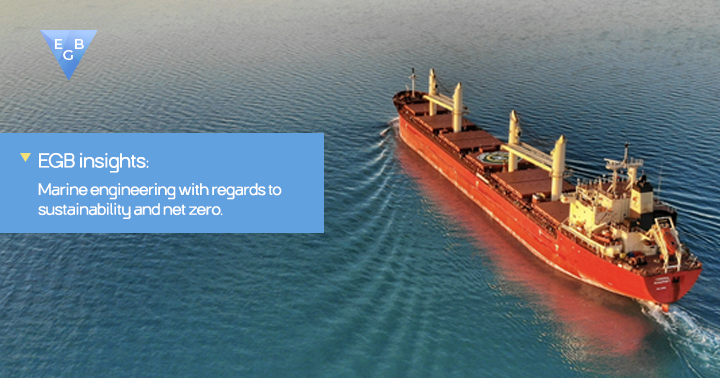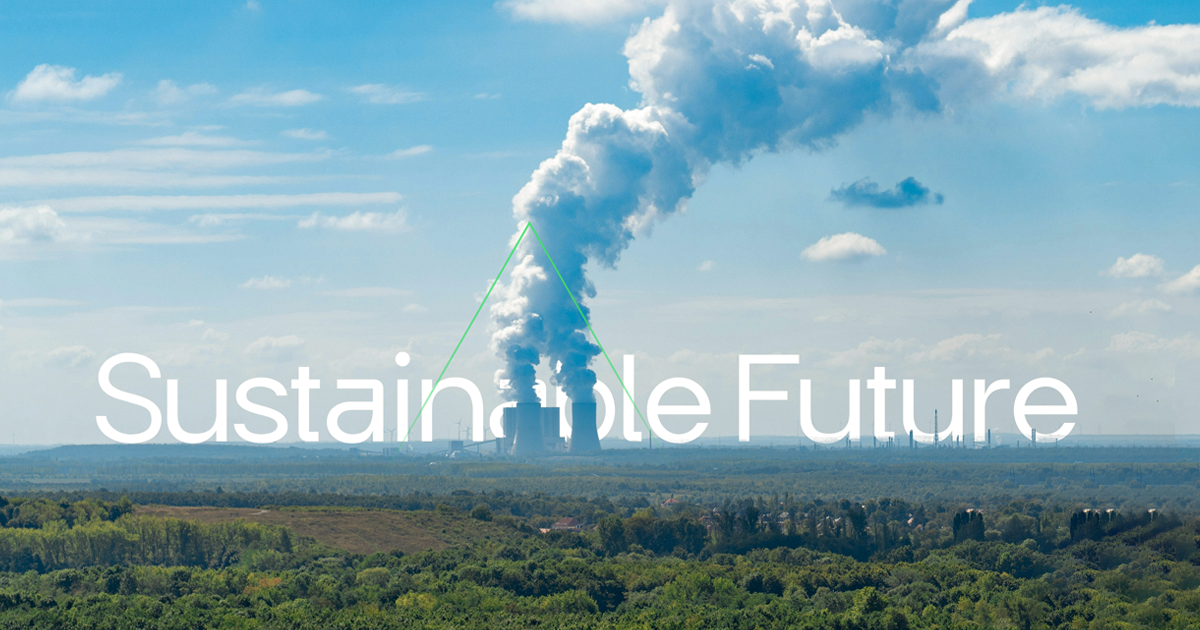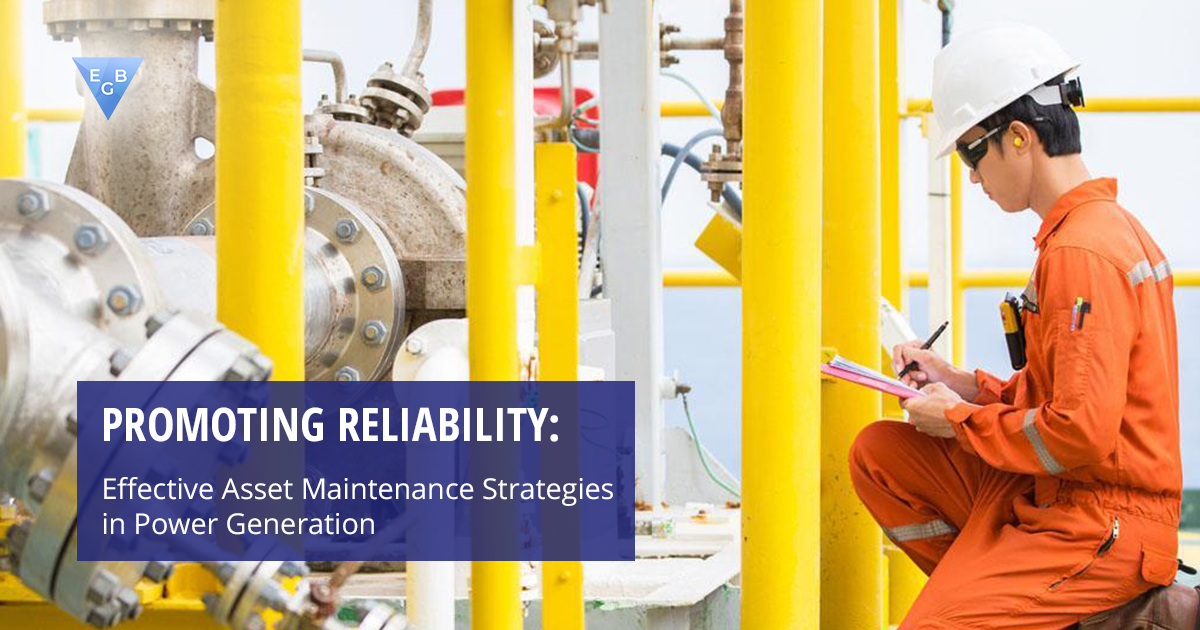
A Comprehensive Guide To Solar Energy In The UK 2021
In the last two years, the UK has made significant efforts to increase its renewable capacity and introduce it as a source of power generation into its electricity mix.
The government’s efforts have paid off. Two-thirds of residential areas wish to switch to solar panels to power their homes. A mass majority of 71% of the public believe that investing in renewable energy, particularly solar energy, is how the UK government should tackle Climate Change (YouGov Survey, 2018).
Cost is no longer a factor stopping people from committing to solar energy. For households alone, the cost has dropped from £12,000 (for a system in 2010) to around £5,000 today. Likewise, in August 2018, the first unsubsidised solar farm was set up in Oxfordshire. This carbon-neutral park will provide energy to power 6,000 family homes.
Furthermore, on January 1st, 2020, the government initiated the Smart Export Guarantee Scheme (SEG), which permits the sale of excess energy to the government. This government initiative was a way to kick start initial investments in solar panels (of systems 5MW and above), encouraging large companies, businesses, and organisations to cut back on electricity costs and make a little extra capital for the exchequer along the way. So are solar panels worth it? Especially in the UK?
THE COST OF SOLAR PANEL SYSTEMS
To estimate the installation costs of commercial solar panels, the cost is calculated with £0.2p per watt. It amounts to approximately £2,000 (exclusive of VAT) to install a 10kW system. This cost can vary with the size of the system and if additional labour or equipment is required.
Small commercial systems require a minimum upfront investment of around £10,000. It covers the supply and installation of solar panels. Its inverters, cabling, isolators, certification, and registration with regulatory bodies and the grid.
Alternative funding options such as the Feed-in-Tariff are no longer applicable. Nonetheless, alternative funding options are available, for instance, the Salix Funding. It provides interest-free funds for energy-efficient technologies – funded by the Department of Business, Energy and Industrial Strategy (BEIS).
Solar panel system does not require any additional costs.
MAINTENANCE COSTS
Solar panel systems have little to no maintenance costs. The bulk of expenditure is on installation. Nonetheless, a professional examination of solar panels every four to six years won’t hurt.
Typically, solar panels require regular, light cleaning to remove any dirt or debris. Cleaner solar plates maximise the efficiency of the solar panels.
SOLAR STORAGE
Battery storage for solar panels is just as essential in reducing electricity costs. It gives complete power independence even in scenarios of power outages. Battery systems will continue to supply energy and keep solar panels working smoothly. Battery storage is a great addition. It allows screening, optimising, and managing the electricity generated by the solar PV system. The designers and engineers at EGB can guide consumers in finding the perfect storage system within budget and business needs.
WHY SOLAR PANELS ARE A GREAT OPTION
We all know how solar panels work. They’re the equivalent of a man-made “plant”. Solar PV uses semiconductor technology to convert the sun’s rays to generate electricity. There are various benefits of installing and investing in solar technology:
Solar Income: Yes, most of the power generated will be used onsite. However, surplus energy is sold to the grid to generate capital.
Cost-effective: Solar panels generate clean and emission-free energy. Investing in them lowers a business’s energy demand from the grid and saves thousands of pounds on energy bills.
Financially reliable: Energy prices are likely to spike in the coming ten years. Investing in a commercial solar panel system will allow consumers to buy electricity at a set price. It will make financial forecasting easier.
Low-risk investment: Solar PV systems are reliable, sustainable, and provide returns that exceed traditional low-risk financial products.
A secure source of energy: Investing in independent solar installation systems is an excellent backup measure to avoid mandatory energy audits (for large businesses) such as the Energy Savings Opportunity Scheme (ESOS) by the government.
Low Carbon footprint: Solar energy is a renewable source of energy. It is clean and green energy with zero carbon emissions. Generating your solar power will significantly reduce your organisations’ carbon footprint, increase your companies’ sustainability credentials and improve your business reputation.
LARGE SCALE COMMERCIAL SOLAR PROJECTS
EGB provides turnkey solutions when undertaking the installation of large-scale solar panel projects. Experience over the last decade has each commercial-scale project requires specific knowledge and planning. We believe that our involvement can make the entire process smooth for your business.
Our team can work alongside architects, building consultants, and lead contractors. Contact us to discuss your commercial, solar farm or office, solar project. We assure you we can provide your company with ideas and inspiration.





